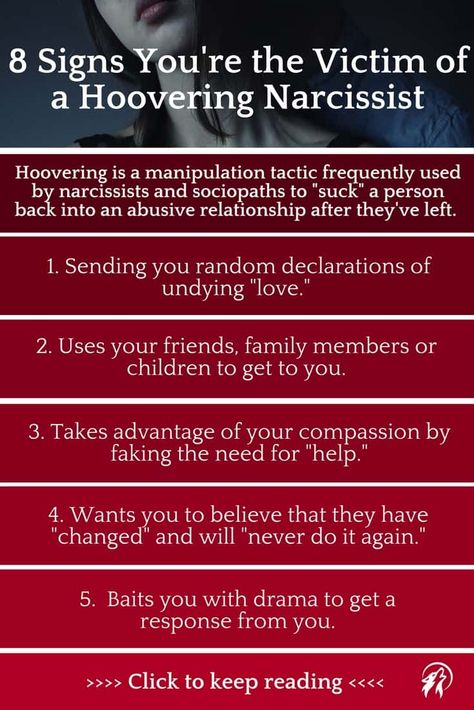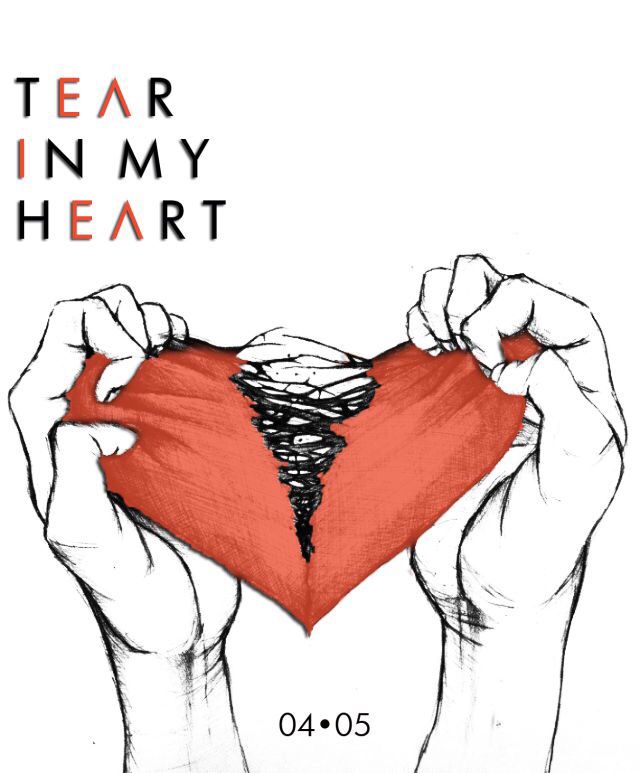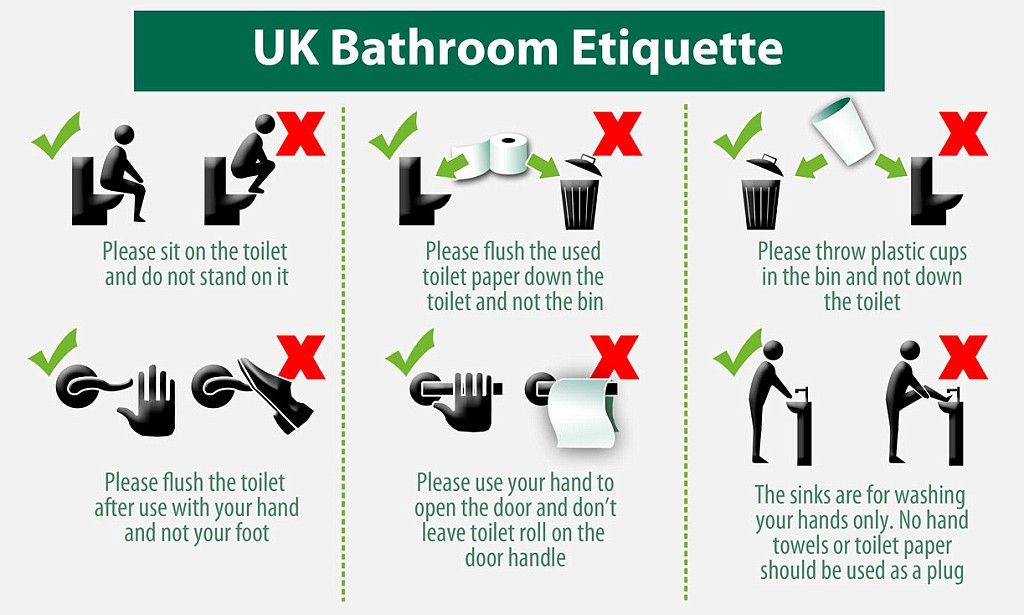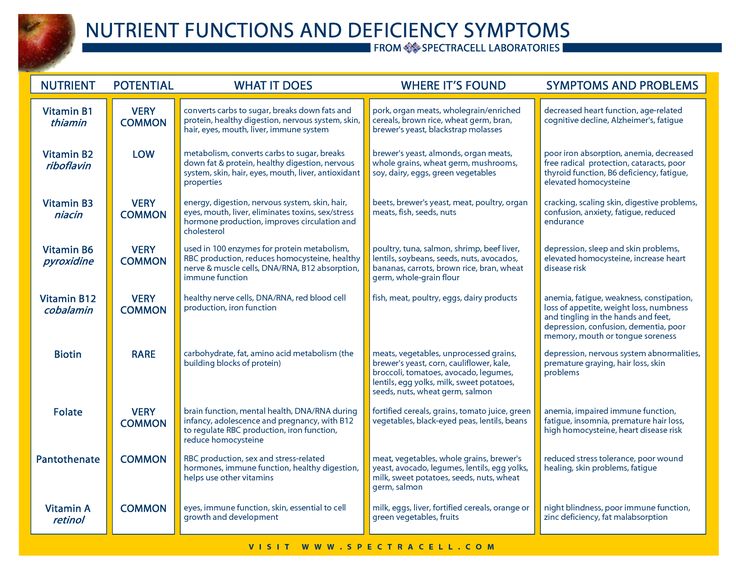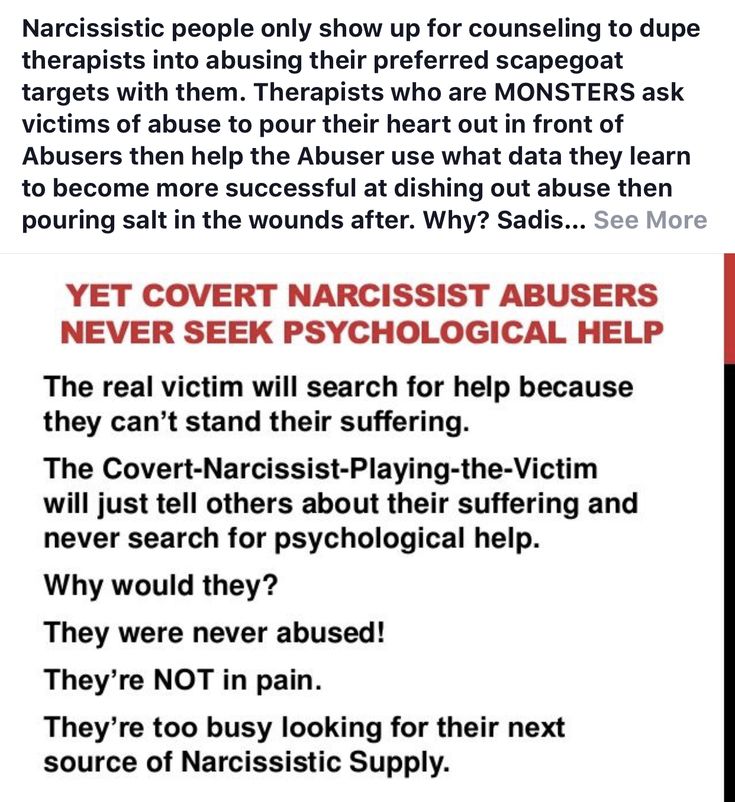Autism counseling techniques
Counseling Techniques for Autism and ADHD Archives
Cognitive-behavioral therapy for insomnia (CBTI) find sleep and treat that pesky insomnia. Some of my child, adolescent, and adult clients have their sleep schedules turned upside down. Awake at night, worrying alone or playing video games, then sleeping by day and struggling with fatigue. For many, the pandemic has disrupted normal routines and structures. Isolating […]
Read More Comments Off on Find sleep treat insomniaMetacognition for self-esteem, self-regulation, academic success Did you know metacognition instruction has been identified and validated as a key method for improving self-esteem, self-regulation, academic success, and test scores? I have this little book called Mr. Daydream I sometimes read to children who seem to daydream in school and miss instruction. It’s pretty short and […]
Read More Comments Off on Metacognition for self-esteem, self-regulation, academic successCovid Impact on Teens and Young Adults- Understanding and Supporting This article explores social and emotional stressors on teens and young adults followed by ways to support them and resources. To summarize covid impact on teens and young adults from the CDC’s website: https://www.cdc.gov/mentalhealth/stress-coping/parental-resources/index.html Changes in their routines (e.g., having to physically distance from family, […]
Covid impact on children aged 6-12: understanding and supporting mental health. The first section of this article explores covid impact on children aged 6-12, while the second part reviews what can be done to manage and mediate these unfortunate factors. Solutions and resources for emotional health and coping skills, managing behaviors, getting through virtual school, […]
Read More Comments Off on Covid Impact on Children aged 6-12Breathe- One Simple Trick Helps Focus, Energy, Depression, Anxiety, Sleep, and More (Scroll down to see links to supporting research, additional reading, videos demonstrating strategy) We’ve surely had our share of challenges here in Central Texas.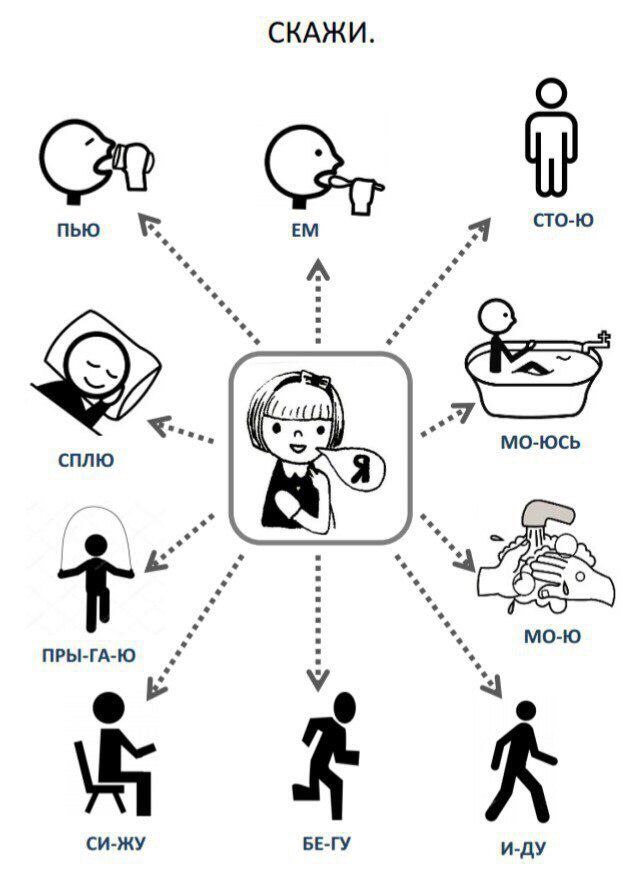 As if the blooming covid numbers and restrictions weren’t enough, now we’ve been frozen in by winter storms the […]
As if the blooming covid numbers and restrictions weren’t enough, now we’ve been frozen in by winter storms the […]
Finding Your Focus and Joy Within Covid Restrictions Guide for Student Loss of Joy and Motivation for School Missing friends, trouble engaging with virtual school and work formats, feeling the blues? Some of us are tempted to dwell and brood on our losses, failures, things we can no longer do with Covid restrictions in place. […]
Read More Comments Off on Student Loss of Joy and Motivation for SchoolVirtual or In-person? In this article, in the following order… Deciding and dealing with virtual or in-person school under Covid protections Tips for virtual schooling Menu of off-line at-home activities for keeping kids busy and out of trouble Managing screen time Pros and cons of virtual counseling How to know if your kids are doing […]
Read More Comments Off on Back to School and Special Education Needs in Covid Times- Virtual or In-person?
Are you ready to help a gifted and/or autistic person with tempering perfectionism? Can these ideas help anyone identify problems with perfectionism and address them? Yes, turns out perfectionism is a widespread, well-documented, increasing problem in modern cultures.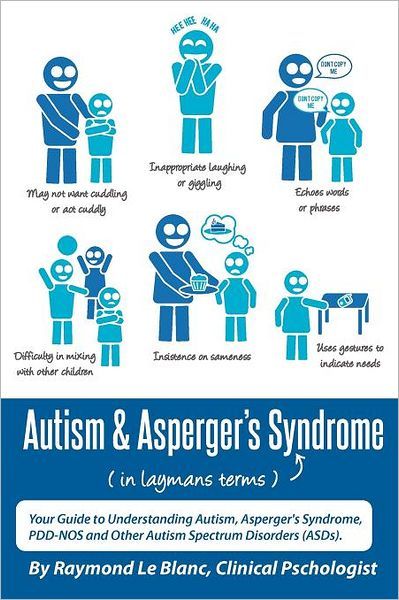 It’s ruined! I can’t eat it! If it’s not perfect, it’s no good. Part I of this […]
It’s ruined! I can’t eat it! If it’s not perfect, it’s no good. Part I of this […]
I want to know how to get the most out of my counseling session Be honest. This is private, so don’t exclude things that might be keeping you from doing better or causing you problems. There is no need to worry, we can’t tell anyone unless it’s about harming someone else or yourself, in which […]
Read More Comments Off on How to get the most out of my counselingAre You Considering Online Therapy? Advantages of Teletherapy Convenience- No driving to find an office or sitting around in a waiting room.Saves your time- Same as above.No increased risk of infections.May reduce anxiety- Meet in the comfort of home.Private- Nobody sees you coming or going.Accessibility- Open to people in remote regions lacking therapy options and […]
Read More Comments Off on Considering Online TherapyTypes of therapy for autism: 8 therapies to consider
Types of therapy for autism
There are a number of therapies that can support children with autism.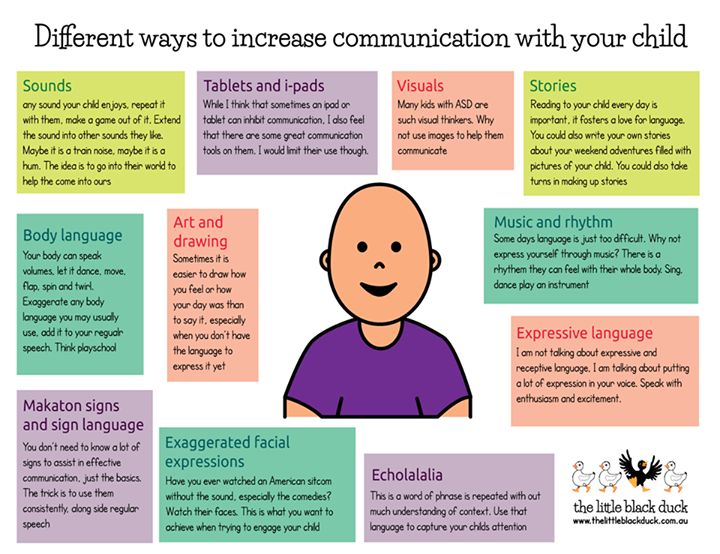 The therapy recommended per child may vary based on age, personality, needs and range of ability.
The therapy recommended per child may vary based on age, personality, needs and range of ability.
Autism may occur with a variety of mental health and physiological conditions. Cooperation among therapies and providers can prove beneficial in many of these situations.
Applied Behavior Analysis (ABA)
As the most commonly used therapy for children with autism, ABA develops social skills, improves language competency, and enhances good behavior using positive reinforcement techniques, meaningful rewards, and consequences.
Following are some of the most common ABA objectives:
- Increased social skills
- Improved expressive and receptive communication effectiveness
- Enhanced hygiene and self-care
- Teaching cooperative behavior when playing with others
- Maladaptive behavior reduction
The most complete autism intervention package is ABA therapy. ABA therapy is very important for children with autism as it addresses topics such as effective communication, skill imitation, cognitive abilities, self-regulation, recreational and interpersonal skills, behavioral management, and safety skills.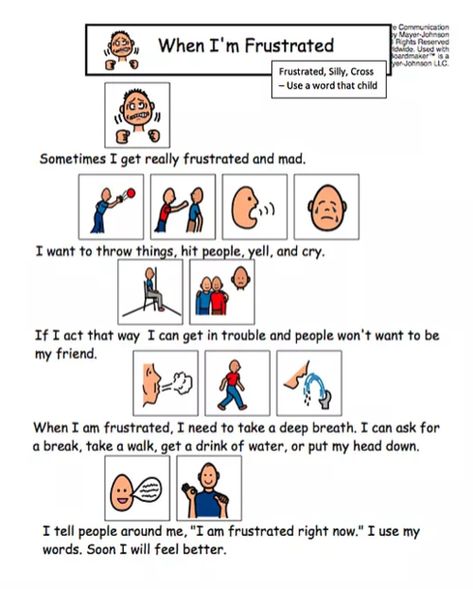
Relationship Development Intervention (RDI)
This methodology educates children with autism on how to form bonds with their parents and other family members. Psychological, social, and flexible thinking are all components of this family-based therapy. Children must also learn to cope with transitions, which can be particularly difficult. Parents undergo instruction and become their child's primary therapist as part of the RDI program.
Play therapy
Autism play therapy differs from play therapy designed for other illnesses. Therapists are far more prescriptive in this type of therapy for autism than for anxiety and other mental health conditions. Play therapy helps children with autism learn to interact with people in a way that they understand: playing. Autism affects how children interact with other children; for example, an individual with autism may concentrate primarily on one aspect of a toy and seldom engages in pretend play.
A therapist can help children engage with others by helping them widen their focus and approach.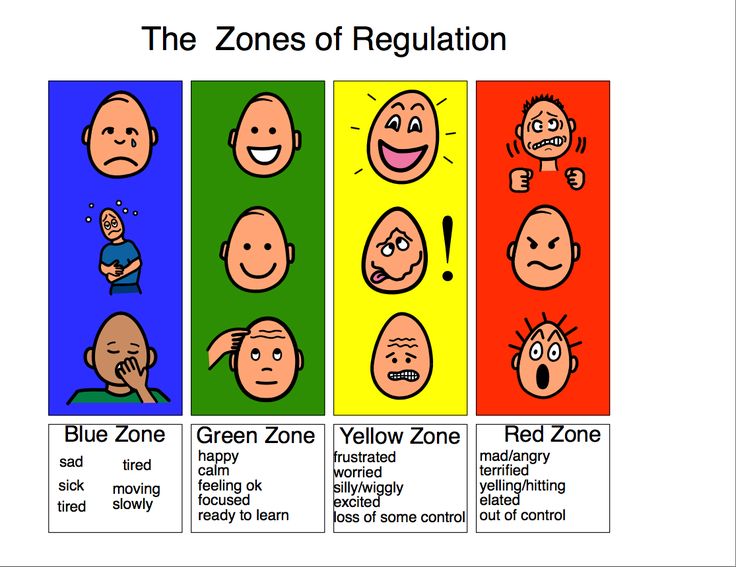 This type of therapy can bring a child out of a narrow play scope and into a world of collaborative experiences and relationships. Kids explore their surroundings, feelings, and relationships by developing their interests.
This type of therapy can bring a child out of a narrow play scope and into a world of collaborative experiences and relationships. Kids explore their surroundings, feelings, and relationships by developing their interests.
Equestrian therapy
Often known as therapeutic horseback riding, Equestrian Therapy allows children with autism to ride horses in a safe and non-threatening environment. The therapist is in charge of both the horse and the child. According to research, therapeutic horseback riding improves social and communication skills, while reducing irritability and hyperactivity.
Speech therapy
People with autism may benefit from speech therapy; however, it isn't always the most effective strategy as it may not be possible for individuals who suffer from severe autism to participate. Higher-functioning individuals may benefit most from speech therapy, and it might assist children and adults with ASD in overcoming social isolation.
Sometimes, an individual with autism may have a comorbid diagnosis that requires speech therapy.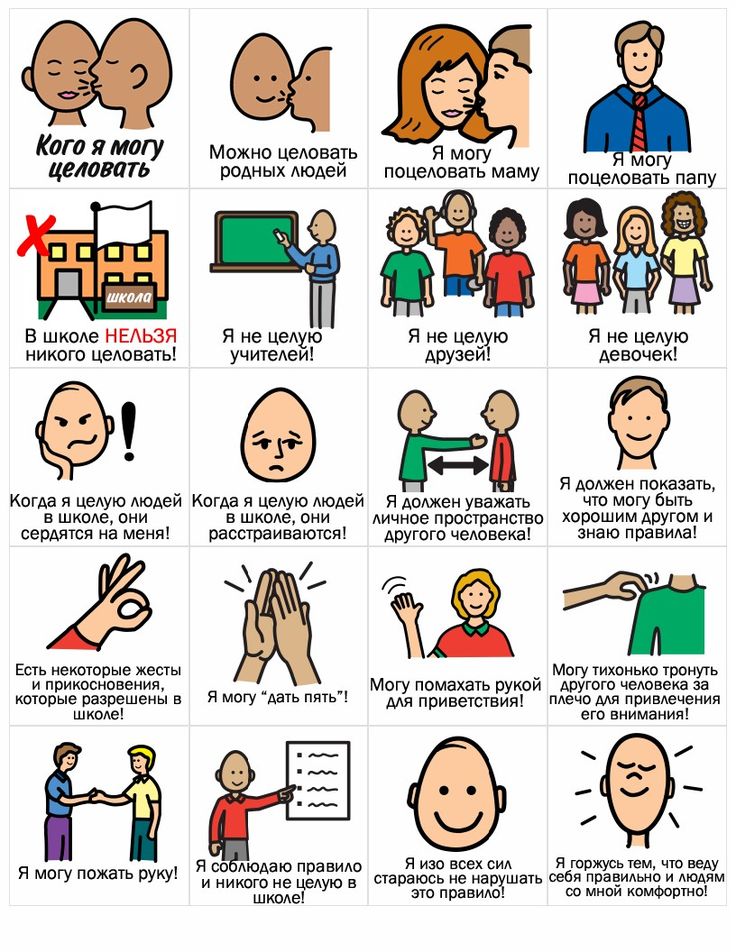 In these circumstances, It can be beneficial to use a therapy type that treats both autism and the health condition itself. Speech and language therapists or other professionals can provide these treatments.
In these circumstances, It can be beneficial to use a therapy type that treats both autism and the health condition itself. Speech and language therapists or other professionals can provide these treatments.
Cognitive-Behavioral Therapy (CBT)
CBT is a common type of talk therapy where a mental health counselor works with individuals in a select number of sessions, which can last over 8-12 weeks, depending on the child. Therapists are constantly refining the technique to make it more consistently effective in dealing with anxiety and other issues.
Music therapy
Music may be able to assist individuals with autism in relating to their own and others' emotions. Music therapy involves working with a therapist while listening to music to help enhance emotional connections.
Sensory integration
Autism can affect how sensory information is processed which may result in sensory over-stimulation or under-stimulation. Sensory input can manifest itself in actions that are difficult to explain.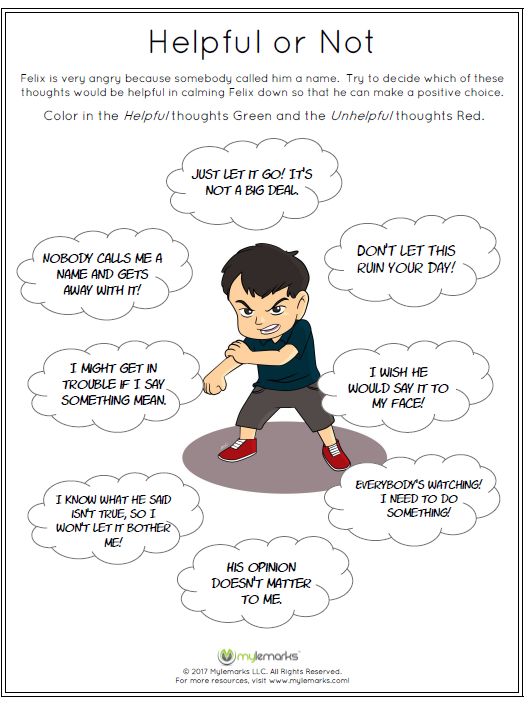 People with ASD can use sensory integration to control sensory input and help them better manage sensory overload.
People with ASD can use sensory integration to control sensory input and help them better manage sensory overload.
The importance of providing therapy to children with autism
Autism affects around one out of every 44 children. This high prevalence has helped raise autism awareness among different communities and expand autism therapy programs. There are several advantages to autism therapy services, and these advantages can last a lifetime.
Children with early signs of autism benefit greatly from starting therapy within the first year, according to a new study published in the journal JAMA Pediatrics. This is because the brain develops quickly at this age. According to researchers, children receiving therapy and care at the age of twelve months have fewer signs of autism involving social communication or repeated actions than older children who did not participate in therapy.
Modes of autism therapy
Some families find that family counseling can help them deal with challenges and may assist in dealing with new issues as they arise.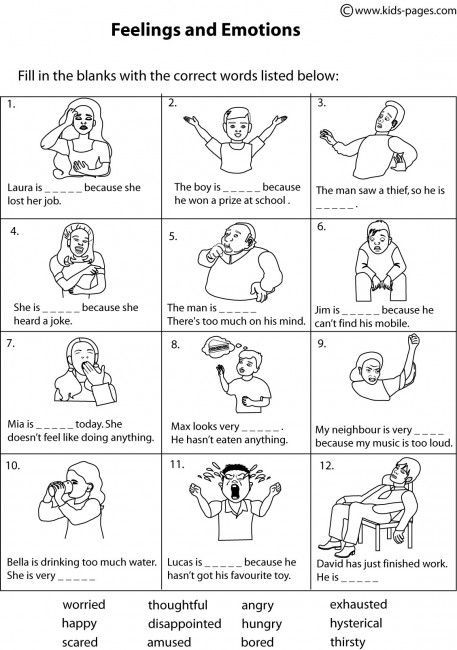 As a result, they may also gain a better understanding of ASD and techniques to better assist their child.
As a result, they may also gain a better understanding of ASD and techniques to better assist their child.
Parents of children with autism may benefit from couple counseling to improve their bond as well as build their perseverance, honing their abilities to strengthen family relations.
Group therapy also has the potential to link parents with others who have had similar experiences. According to one research study, parents of children with ASD were less stressed and felt more emboldened after participation.
Regardless of the type of therapy, experts generally advise that children begin therapy as quickly as possible upon diagnosis since early intervention leads to better outcomes.
Songbird therapy is a technology-enabled provider setting a higher standard for children’s autism care. With a deeply passionate team and innovative technology, we’re building a world where every child can access world-class care at home, uniquely tailored to them.
Diagnostics and correction of autism
Accurate and fast diagnostics of autism, assistance according to modern international protocols
- Full range of diagnostic methods
- Genetic screening
- Modern methods of correction, behavioral programs
- The correction plan is drawn up by a team of doctors: psychiatrist, neurologist, psychotherapist, neuropsychologist, speech pathologist, pediatrician, etc.

- Specialist physicians involved in the treatment of physiological symptoms
- Parent counseling and support
Autism is a special condition manifested by specific delays in speech, often mental development, and always a violation of social communication and interaction. As a result, there is a violation of the social adaptation of the child and the family as a whole. According to statistics, 1 out of 67 children on the planet is born with an autism spectrum disorder (ASD), and, according to research, this figure is growing. For comparison, Down syndrome occurs in only 1 out of 800 newborns. nine0019
Autism is a congenital condition. The first signs appear by 1.5 years, by 2-3 years deviations in behavior and development are visible. Often parents attribute the symptoms of autism to the peculiarities of perception and character, to a lack of attention or poor education, so they do not seek help from specialists. The lack of timely assistance adversely affects the prognosis and complicates corrective therapy.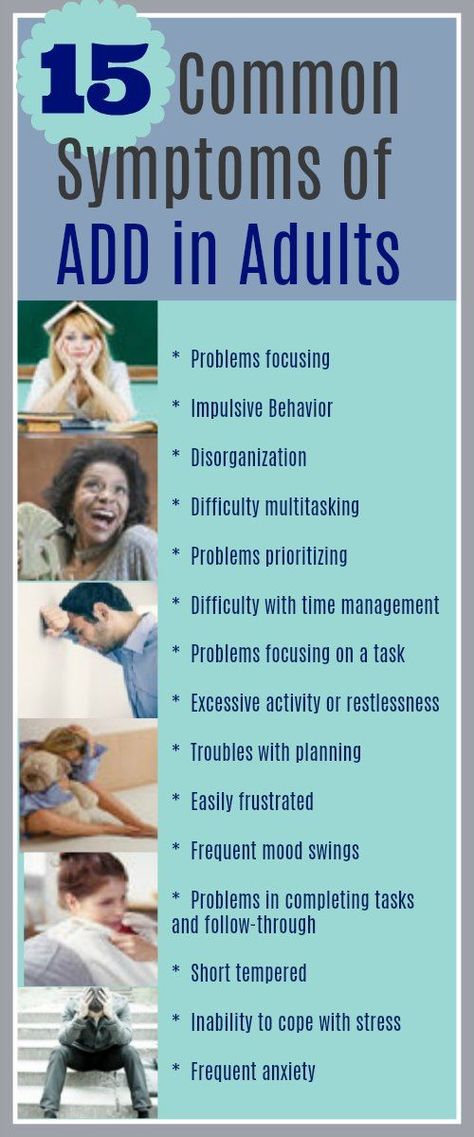
What symptoms are typical for children aged 2-3 years? nine0003
- No need for communication, the child can play alone for a long time, while the game is stereotyped. Or excessive openness, lack of boundaries in communication with adults or strangers, lack of feelings of embarrassment, shame or fear.
- Absence of one's own speech, difficulty understanding addressed speech, often - lack of response to one's own name. Or unnecessarily “adult” speech with complex turns borrowed from older family members. Often children with autism repeat memorized fragments of texts, use stereotypical statements. nine0006
- Perhaps uneven development: a high level of knowledge in one area and a lag in others.
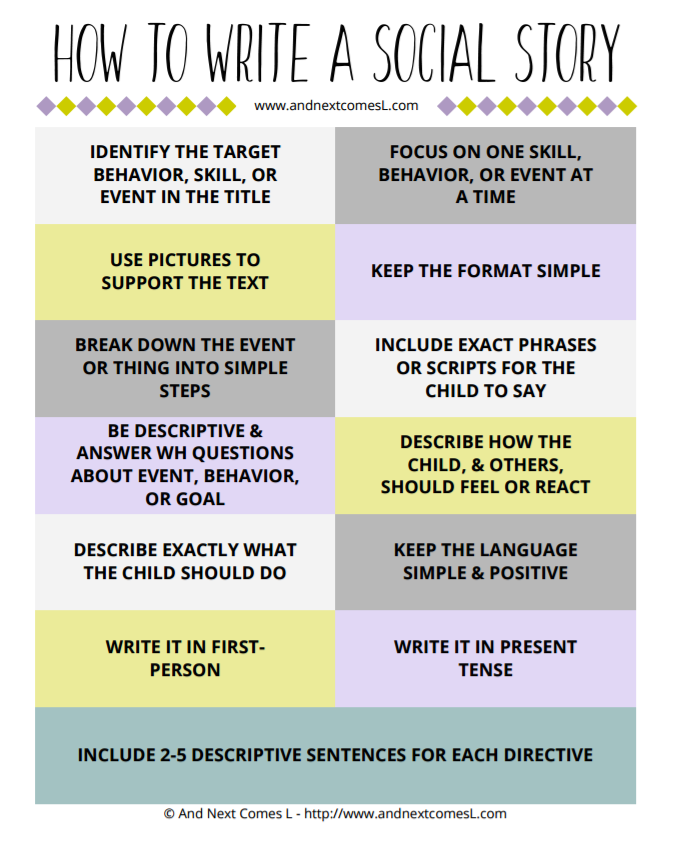
- Adherence to monotony, once accepted order of things. Unusual interests and dependence on objects that do not usually arouse interest in children. Negative reaction to even minor changes in the environment.
- Presence of stereotypical actions: steady repetition of movements, sounds, words or phrases.
- Lack of contact: the child does not make eye contact, does not attract the attention of adults, does not bring toys, does not invite to take part in the game. The pointing gesture is missing. nine0006
- Hypersensitivity or decreased sensitivity to sounds, smells, bright lights, large rooms. Emphasis on tactile sensations.
- Aggression towards others or towards oneself.
Autism diagnosis at EMC
For the diagnosis of autism, EMC uses modern methods with proven effectiveness.
- The ADOS Diagnostic Kit is the gold standard for diagnosing autism and was developed in the USA. nine0006
- Genetic screening, which is necessary to give a prognosis for a child already diagnosed with autism and for parents regarding future children.
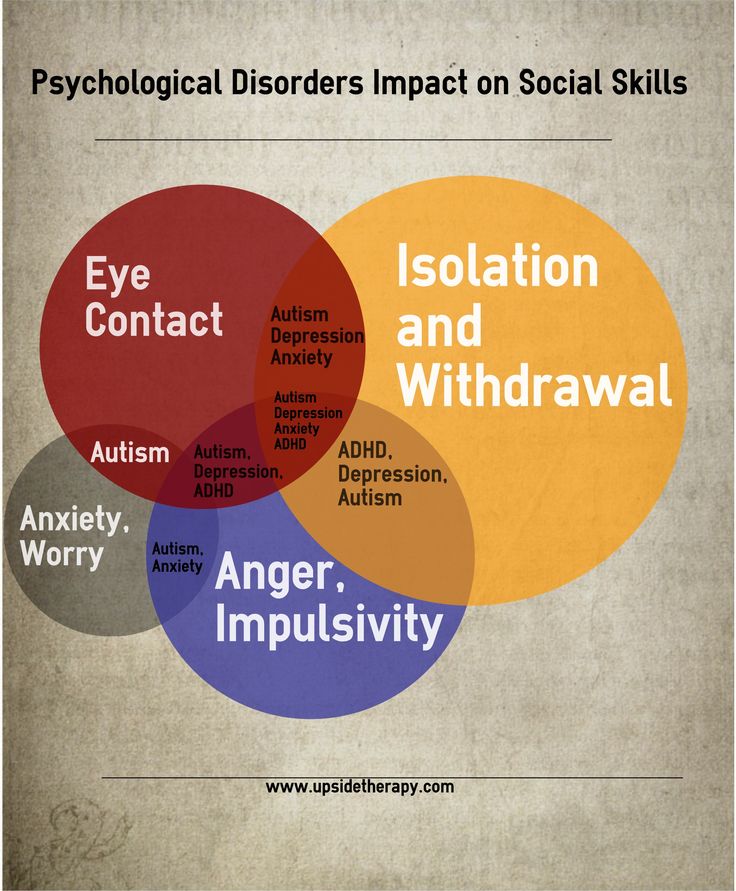
- Tests (Autism Diagnosis Scales).
- ADI-r - a detailed questionnaire that allows you to obtain the necessary information for diagnosis and evaluation of mental disorders close to autism.
- PEP scale - assessment of communication capabilities, cognitive activity, emotional-volitional sphere, child's performance. nine0006
- Ultrasound, MRI.
This is a tool for a clear diagnosis of autism, assessing the dynamics of the condition and the effectiveness of the correction plan. The data obtained allow you to choose an individualized therapy, evaluate its result and, if necessary, make timely changes.
The ADOS set consists of a variety of toys, games and activities. For each age there is a specific examination protocol. During the game, the specialist evaluates the behavior on a special scale, then calculates the points. The result is a detailed conclusion, which contains the degree of autism, expressed in points, and psychological and pedagogical characteristics.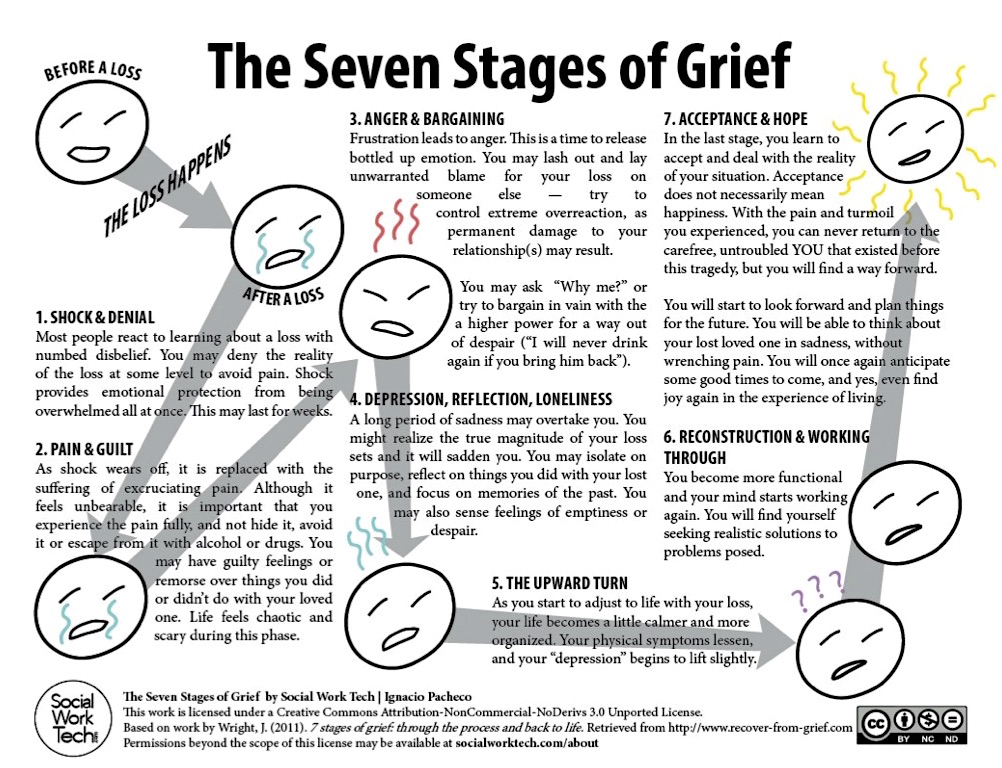 nine0019
nine0019
Comprehensive Child and Parent Assistance Program
After drawing up a correction plan, a team of specialists works with the child and his parents: speech pathologist, psychologist, neuropsychologist, psychotherapist, psychiatrist.
Formation of communication skills and social communication. Specialists work within the framework of a behavioral approach.
Neuropsychological correction: with the help of special motor exercises, the specialist in a playful way corrects the features of the child's motor development. nine0022 Correction of delays in speech and mental development.
Working with parents and close environment of the child. Teaching proper communication skills, increasing parental competence.
A speech pathologist-defectologist in a playful way develops speech, knowledge, abilities and skills that should be present in the norm in a child of this age.
The neuropsychologist works with movement, helps the child to concentrate by performing motor tasks.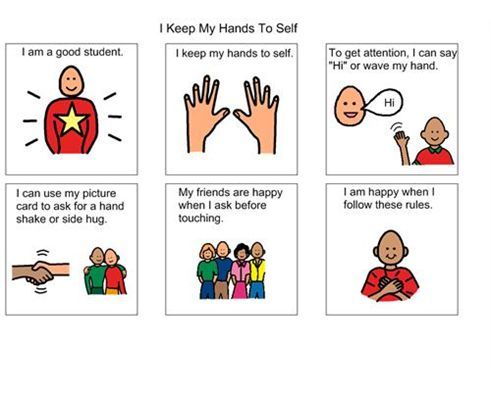 nine0019
nine0019
The psychologist teaches the child to play, to stay in activity, to achieve the ultimate goal. Forms social contacts and skills, for example, the ability to ask for help, the ability to wait while adults are talking. The psychologist gives advice to parents on how to build daily life, helps to control the behavior of the child.
The psychiatrist prescribes medication.
The psychotherapist helps parents cope with feelings of guilt, depression, preserve the quality of life, teaches them how to properly support the child, to be full participants in the treatment process. nine0019
A child with autism needs constant support, so a team of EMC specialists continuously accompanies each patient and his parents. With the right and timely therapy, children with autism can lead normal lives.
Autism cannot be cured, but the somatic state and behavior can be corrected so that the child develops, adapts, learns and lives fully in society.
* Prices in the Price List are indicated in conventional units (unless otherwise specified by the Parties, 1 conventional unit is equal to 1 euro), all settlements under the Agreement are carried out in ruble terms.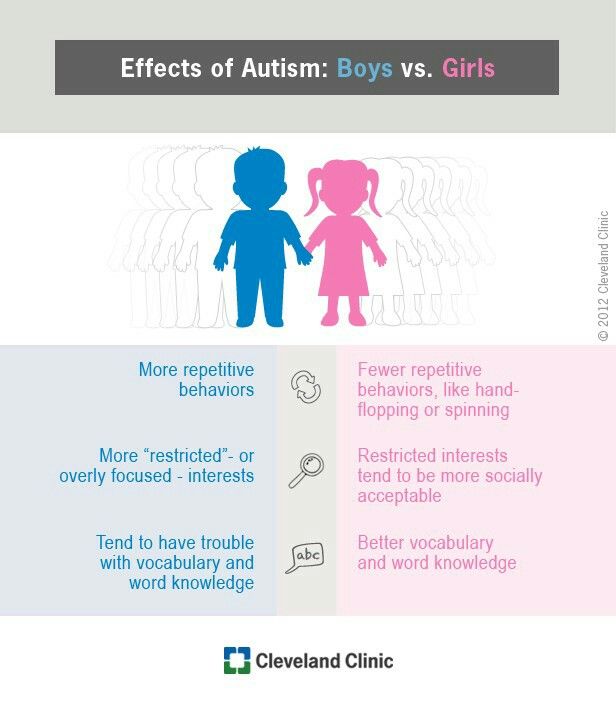 Payment under the Agreement is carried out by the Customer at the exchange rate of the Central Bank of the Russian Federation in force on the day of payment, if the rate of the Central Bank of the Russian Federation does not exceed the internal rate of the Clinic on the day of payment, indicated by posting on the Internet, on the official website of the medical centers of the Clinic, and on information stands in medical centers. If the exchange rate of the Central Bank of the Russian Federation exceeds the internal exchange rate of the Clinic on the day of payment, payment is made at the internal exchange rate of the Clinic. nine0019
Payment under the Agreement is carried out by the Customer at the exchange rate of the Central Bank of the Russian Federation in force on the day of payment, if the rate of the Central Bank of the Russian Federation does not exceed the internal rate of the Clinic on the day of payment, indicated by posting on the Internet, on the official website of the medical centers of the Clinic, and on information stands in medical centers. If the exchange rate of the Central Bank of the Russian Federation exceeds the internal exchange rate of the Clinic on the day of payment, payment is made at the internal exchange rate of the Clinic. nine0019
Autism in children (treatment and prevention)
Children's Medical Center of Neurology and Pediatrics near the metro station Kolomenskaya offers a service - treatment and prevention of autism in children.
Our center employs only highly qualified specialists who will provide all the necessary assistance in the treatment of autism.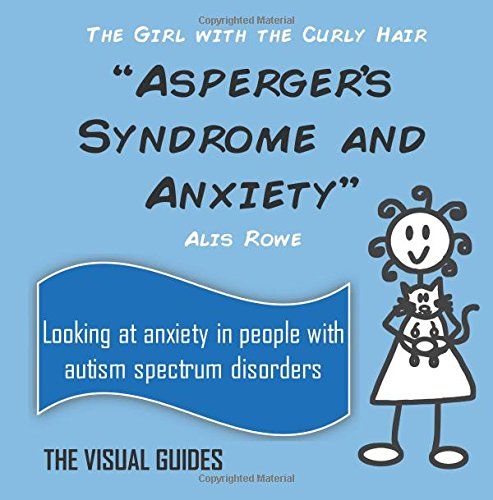
Causes of autism in children
Autism in children is a type of nervous system disorder caused by various factors. Most scientists agree that genes are the biggest risk factor for disease: mismutation, inheritance, and so on. Another theory says that autism manifests itself as a result of external factors: poor ecology, difficult pregnancy and birth complications, the use of certain medications during pregnancy. Older parents are also at risk. Some people mistakenly believe that vaccination can lead to the manifestation of the disease, but this is not so. Global studies have shown that there is no link between vaccination and the manifestation of autism. The disease is recorded in all social strata and ethnic groups, but affects the male sex to a greater extent. nine0019
Signs of autism in children under one year old
The manifestation of autism is characterized by difficulties in social interaction, communication problems and a tendency to repetitive behavior.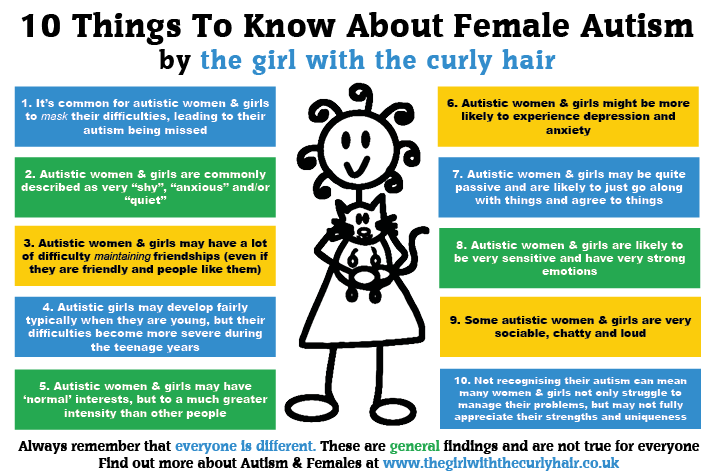 Symptoms and their severity vary in these three planes. Often, autism is accompanied by comorbidities such as seizure disorder, sleep disturbance, gastrointestinal problems, and sensory processing problems. The ability to learn and think can range from gifted children to serious mental health problems, all the way to disability. Diagnosis of the disease can be quite difficult, since there are no universal tests, blood tests, etc. that clearly indicate the problem. The doctor focuses solely on the behavior and general development of the baby. As a rule, an accurate diagnosis is made by a group of doctors - a psychiatrist, a neuropathologist and a psychologist. nine0019
Symptoms and their severity vary in these three planes. Often, autism is accompanied by comorbidities such as seizure disorder, sleep disturbance, gastrointestinal problems, and sensory processing problems. The ability to learn and think can range from gifted children to serious mental health problems, all the way to disability. Diagnosis of the disease can be quite difficult, since there are no universal tests, blood tests, etc. that clearly indicate the problem. The doctor focuses solely on the behavior and general development of the baby. As a rule, an accurate diagnosis is made by a group of doctors - a psychiatrist, a neuropathologist and a psychologist. nine0019
However, in most cases, parents can focus on indirect signs of the manifestation of the disease. It should be remembered that the sooner you sound the alarm, the more chances to improve the situation. Any infant is, as a rule, social by nature, and this is not surprising, since social skills are built into us by evolutionary processes.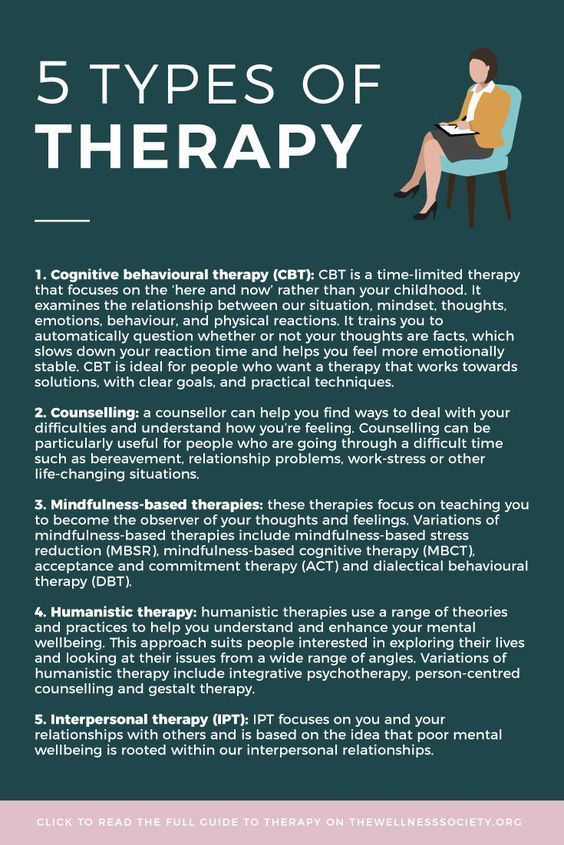 The kid reacts to his mother, shows joy and grief, not yet able to speak, tries to convey his feelings and emotions to those around him. Children with autism have difficulty engaging in everyday human interactions. Between the ages of 8 and 10 months, these babies begin to show some symptoms, such as: ignoring the mother's voice, decreased interest in people, delayed reaction. During childhood, many children with autism have difficulty with social play, do not imitate the actions of others, and prefer to play alone. They do not seek the attention of their parents, do not respond to their comments. nine0019
The kid reacts to his mother, shows joy and grief, not yet able to speak, tries to convey his feelings and emotions to those around him. Children with autism have difficulty engaging in everyday human interactions. Between the ages of 8 and 10 months, these babies begin to show some symptoms, such as: ignoring the mother's voice, decreased interest in people, delayed reaction. During childhood, many children with autism have difficulty with social play, do not imitate the actions of others, and prefer to play alone. They do not seek the attention of their parents, do not respond to their comments. nine0019
Treatment of autism in children
Unfortunately, there is no universal cure for this disease. However, this does not mean that the parents of a child with autism should give up and sprinkle ashes on their heads. There are many methods that allow you to socialize such a child. Yes, albeit not completely, but it is much better than leaving everything as it is. Let the child be in himself, but why not help him cope with daily tasks so that he can serve himself and become partially independent?! It is this “maximum” task that the treating specialist faces.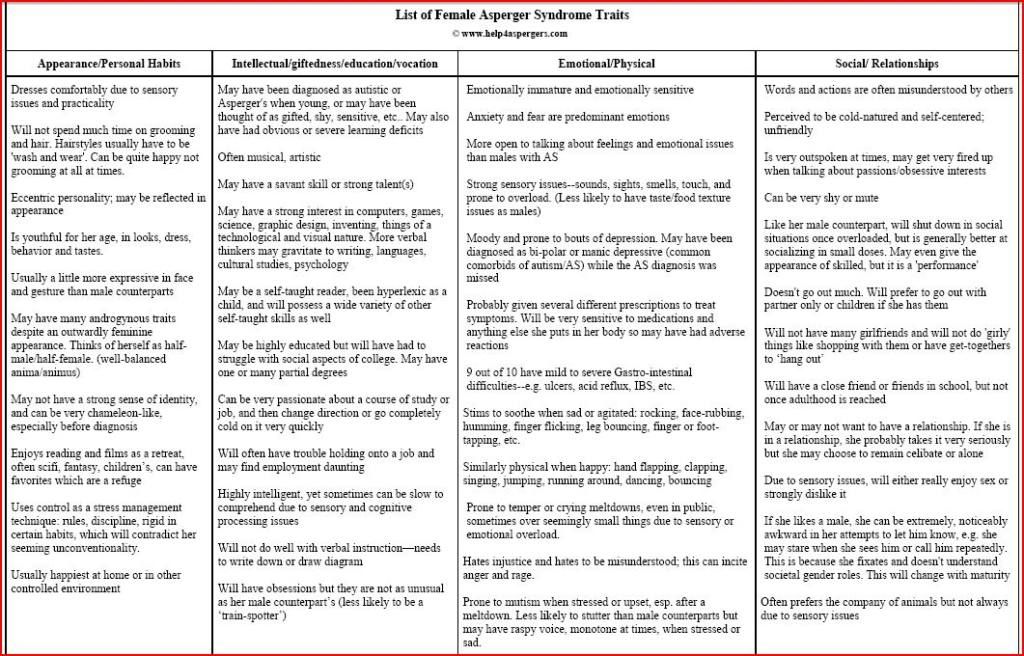 Treatment for autism is a highly individual process. Therapy that went well with one child can only harm another. nine0019
Treatment for autism is a highly individual process. Therapy that went well with one child can only harm another. nine0019
Typically, treatment includes behavioral modification and drug therapy, which may be required if the comorbidities we mentioned earlier are found. Working with family members of the baby. Gradual involvement in the process of communication and learning can allow the development of a number of socially oriented skills.
Researchers have developed a range of effective early intervention models with significant results. They include:
- Child's work with a psychiatrist and a teacher. Such therapy is focused on achieving clearly defined goals and objectives, which are regularly evaluated and recorded.
- Intervention focuses on key areas affected by autism. These include social skills, verbal communication, imitation, play skills, daily living and motor skills.
- The child interacts with typically developing peers.
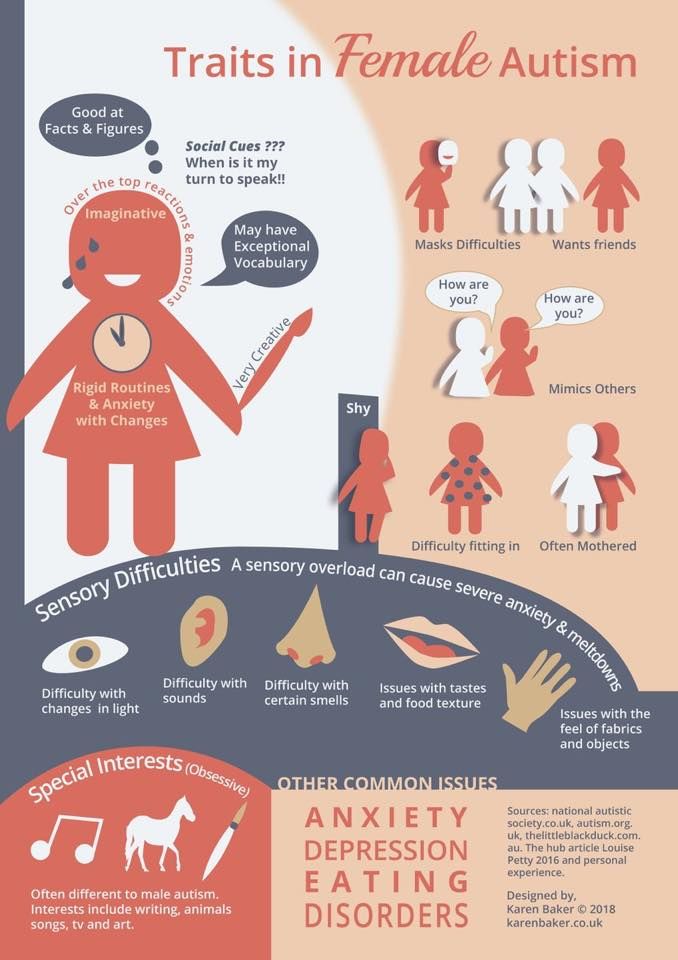
Learn more

